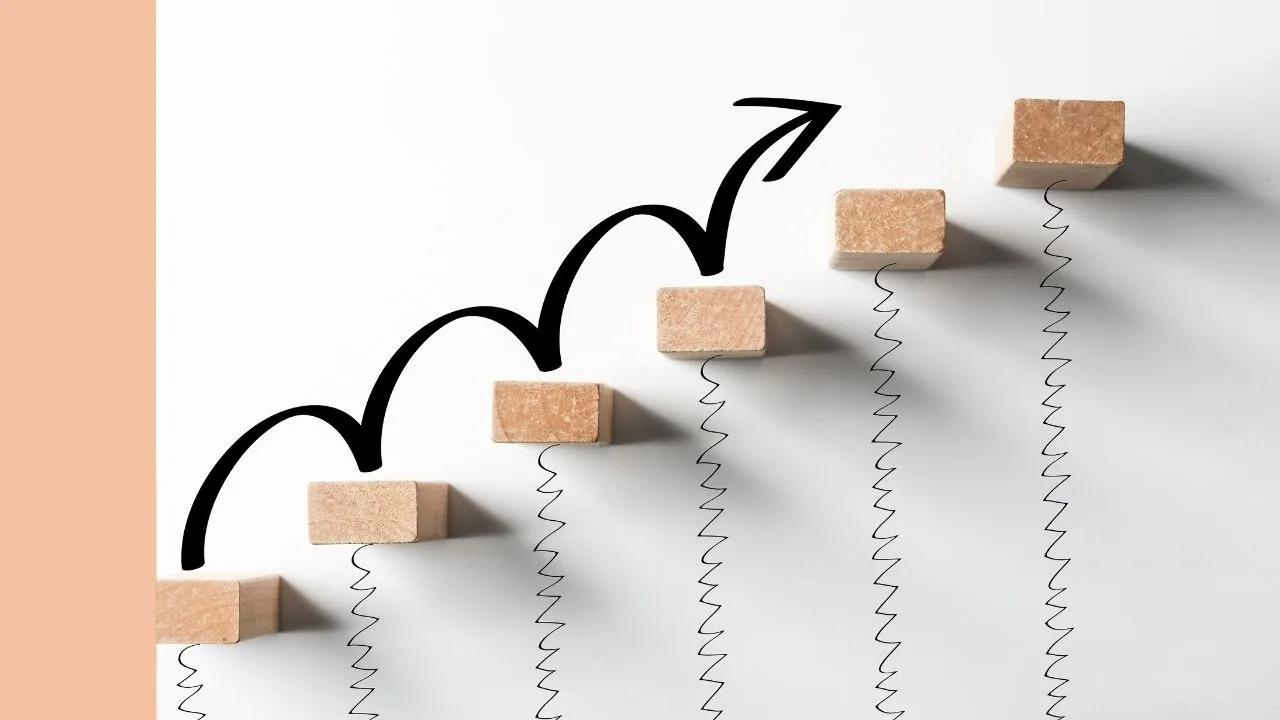You know that young bloke who lives around the corner?
You know who I’m talking about.
He drives the white Commodore. It’s “dumped” (that’s 18-year-old male for the distance between the tyre and the body of the car has been reduced).
He does burnouts at 2 am.
You: “Oh…yes, him.”
Well, he’s only a young pup but he’s in deep with the wrong people.
He bought the car through a big bank, which charges him 16.84% interest on the loan. And, it’s a requirement under the loan that he has comprehensive car insurance.
 Source: Rask Finance loan repayments calculator. Click here to try it for yourself.
Source: Rask Finance loan repayments calculator. Click here to try it for yourself.
It’s a $25,000 car which will be paid back over a 7-year loan term. It will cost him another $17,271 in interest (note: even a $10,000 loan includes $7,088 in interest!).
Assuming he doesn’t shop around, the young fella could be up for an additional $16,500 in insurance. The insurer — rightly so — says he’s a risky individual.
But that’s not all…
The car also has to be kept roadworthy and registered ($5,400) and he might pay around $7,000 in servicing and repairs (provided he doesn’t do too many burnouts – or crash).
So what’s the ‘true cost’ of the car for this young gun?
All up, it’s going to cost him around $71,000 over 7 years.
The meaty $25k price tag is sandwiched between nearly twice as much in costs we don’t see in the car dealer’s window.
Like I said, he’s in deep.
Ways To Save… BIG
It’s not just young men and women who get slugged with insidious car costs.
As Tony Hansen, founder of EGP Capital, wrote in this article, “more than any other single factor, I am sure depreciation picks the pockets of the middle class.” Specifically, Tony was talking about the huge hidden costs associated with buying cars. Not just young people, most of Australia.
As Tony points out, “The average car at the end of 3 years ownership is worth 55-60% of its purchase price.”
That’s a cost every Aussie should be actively trying to minimise. Tony’s strategy was to buy cars at auction and sell them a year or so later – at a similar or better price.
But even buying pre-loved vehicles will save you some cash, and having just one car instead of two — or three! — is a simple way to reduce the costs of cars.
The way I think about it, of the three big-ticket household items (cars, education, houses), cars are the only one that won’t pay for itself.
Happiness Wrapped In Aluminium
How about the psychology behind buying a new car?
When the University of Michigan’s Norbert Schwarz and Jing Wu asked students to predict whether they would get more happiness from a BMW, Honda or family car, naturally the students chose the beamer.
The result?
If you focus only the car, the researchers suggest you will get more pleasure from the beamer.
But the crucial takeaway, as authors Elizabeth Dunn and Michael Norton surmise, is you’ll get more happiness from the road you choose to drive than the car you travel in.
Throw some good people in the back seat and it won’t matter what you’re driving. You’ll be happier and you’ll save on car costs — BIG time.
Cheers to our financial futures!
Owen Raszkiewicz
Lead Adviser, Rask Invest








